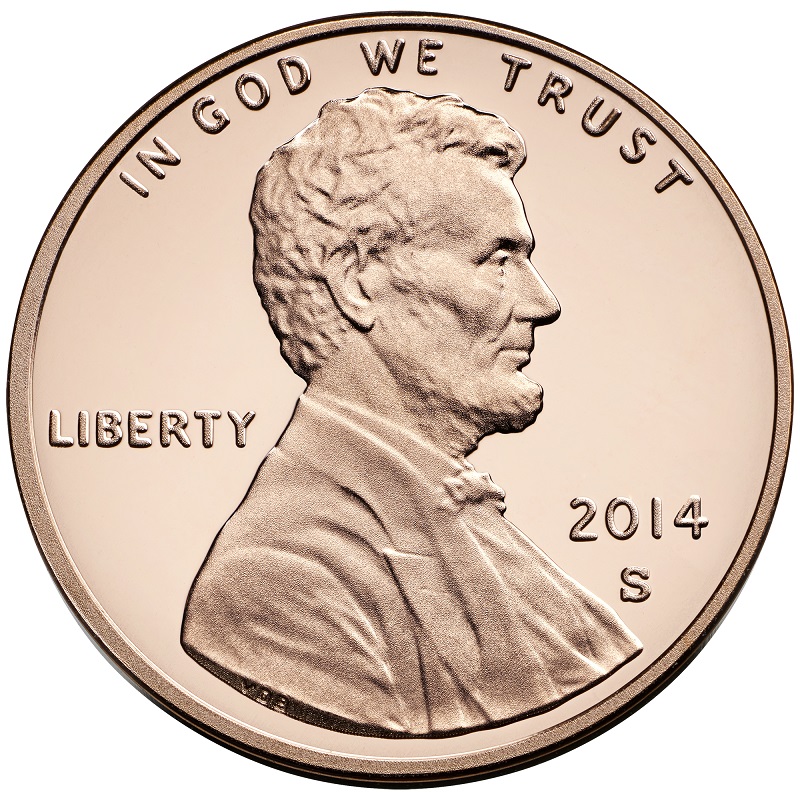
Units of Mass III
Typically if we think of light objects that don't weight very much, we may think of something that only weighs a few grams. A single American cent weighs just $2.5$2.5 grams.

What about something smaller? A paper clip weighs just $0.5$0.5 grams.
Smaller still - how about the weight of a single piece of glitter? To try to weigh that in grams would be hard. It is clearly going to weigh less that 1 gram.
So we need something to measure things that are less than a gram. The milligram is typically used for this. $1$1 gram = $1000$1000 milligram (remember how milli denotes $1000$1000 of something? Millilitre, millimetre,....)
Milligrams are used to weigh tiny amounts of things. Typically we can think of medication that have milligrams of active ingredients. Typical pain relief tablets will contain around $400$400 mg of active ingredients. But how many grams of active ingredient would there be in a packet that contains $25$25 tablets? Then it would be useful to be able to convert between milligrams.
$1000$1000 mg = $1$1 g
Worked Examples
question 1
Convert $0.00647$0.00647 grams to milligrams.
Think: To go from grams to milligrams your number should become bigger.
Do: $0.00647\times1000=6.47$0.00647×1000=6.47 mg
question 2
Convert $4350$4350 milligrams to grams.
Think: To go from milligrams to grams your number should become smaller.
Do: $4350\div1000=4.35$4350÷1000=4.35 g
question 3
A patient is required to receive $1.19$1.19 grams of a medication over $14$14 hours. The medication is available in $170$170mg single doses.
How many single doses need to be given to the patient over the $14$14 hours?
If the single doses are to be given at regular intervals, then a single dose must be given every how many minutes?